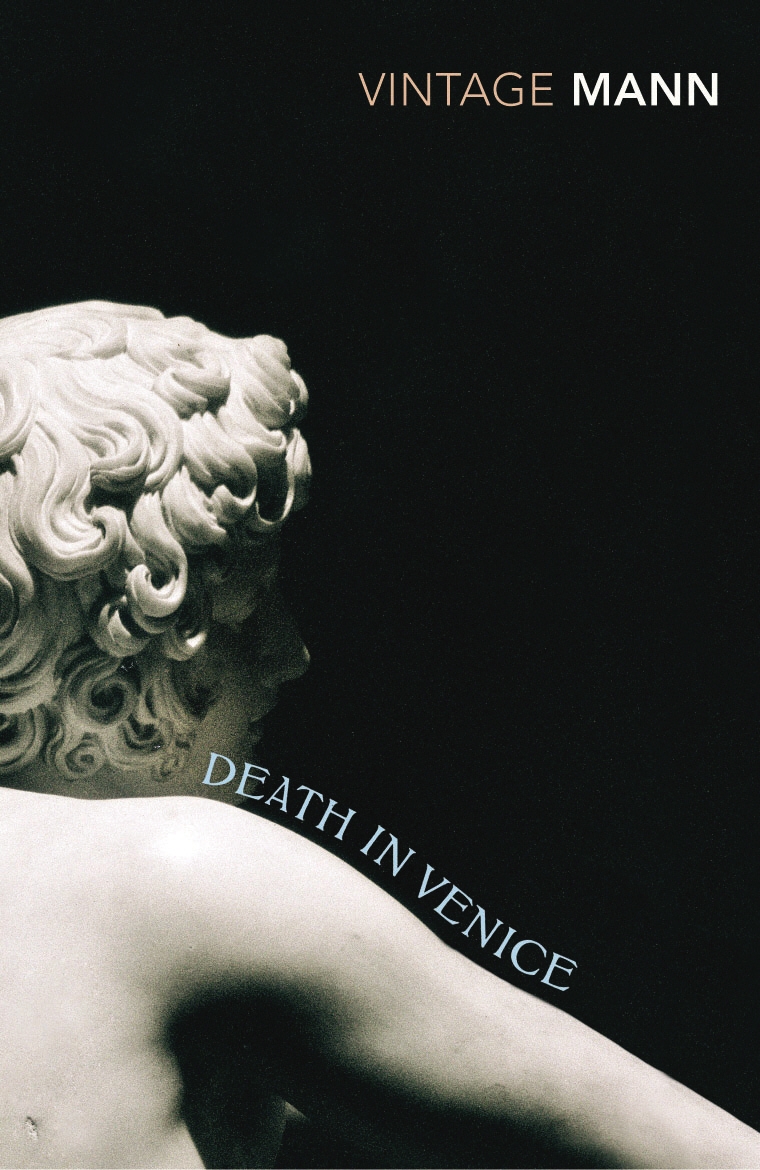

At times the narrative felt a little too loose at times, but it is forgiven for how much time it ambitiously covers. I could read pages and pages of Mann's opinions on art and the universe. It gives me great hope for The Magic Mountain, which I plan to read this year, as it is set in a sanatorium as this is. This David Luke translation is quite lovely to read, as I've heard before. Worth reading for the explosive tirade about art and its duty near the end of the story, the verbal and narrative climax of the piece. "Gladius Dei" is an odd story, comprised of almost one single incident. But in the end there wasn't enough to make it worthwhile or thought-provoking. No doubt there is something under the surface with the old man screaming at the boy on the bicycle, whom is renamed Life itself. "The Road to the Churchyard" is a fairly bland story. Then, and now, there are expectations in society which make it hard for young people to chase creative endeavours-we look like Jokers, like a child standing proudly and declaring: I want to be an astronaut. It is, really, the psychology of the artist (which Mann is famous for), or the dream of the artist. "The Joker" starts well, continues well, and ends slightly less than well, but overall a good story. There is something wonderfully simple and profound about it, as one can find in Kafka, Rilke, Sebald, Hesse. Mann's writing, like most German-speaking writers, is hypnotic without being overstated. Despite being a story of just 30 pages, it is quite a saddening one. "Little Herr Friedemann" is a German Florentino of sorts.

One date is changed, however, as I mistyped it. Thomas Mann is one of the best-known exponents of the so-called Exilliteratur.įirstly, here are my story updates copied from my currently-reading to display my first impressions. When World War II broke out in 1939, he emigrated to the United States, from where he returned to Switzerland in 1952. When Hitler came to power in 1933, Mann fled to Switzerland. His older brother was the radical writer Heinrich Mann, and three of his six children, Erika Mann, Klaus Mann and Golo Mann, also became important German writers. His analysis and critique of the European and German soul used modernized German and Biblical stories, as well as the ideas of Goethe, Nietzsche, and Schopenhauer. Thomas Mann was a German novelist, short story writer, social critic, philanthropist, essayist, and Nobel Prize laureate in 1929, known for his series of highly symbolic and ironic epic novels and novellas, noted for their insight into the psychology of the artist and the intellectual. Librarian Note: There is more than one author in the GoodReads database with this name.


 0 kommentar(er)
0 kommentar(er)
